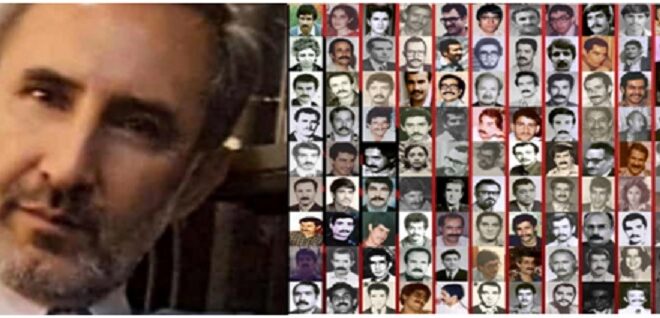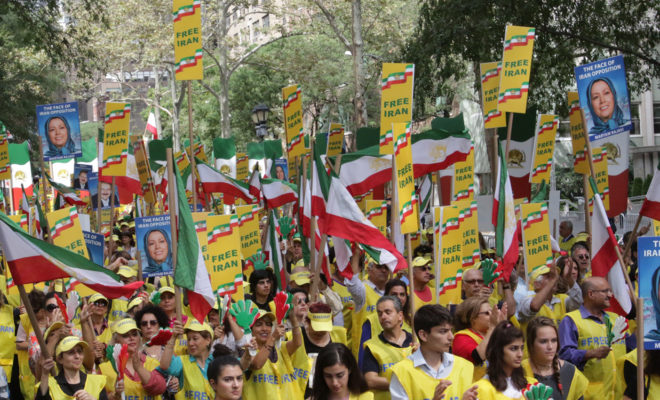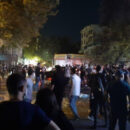Man accused over Iran prison executions goes on trial in Sweden

Reuters | 8/10/2021
STOCKHOLM, Aug 10 (Reuters) – About 100 demonstrators gathered outside a court in Stockholm on Tuesday to protest against the Tehran government on the opening day of the trial of a 60-year-old Iranian suspected of war crimes and murder, Swedish news agency TT reported.
Hamid Noury has been in custody in Sweden for almost two years and is accused of having played a leading role in the killing of political prisoners executed on government orders at the Gohardasht prison in Karaj, Iran, in 1988.
He denies the accusations, prosecutors said when announcing charges last month.
It is the first time anyone has been brought before a court to stand trial over the purge.
Noury and others “organised and participated in executions by selecting which prisoners should appear before a court-like commission, which had the job of deciding which prisoners should be executed”, prosecutor Kristina Lindhoff Carleson told the court, according to TT.
She then read out the names of 110 people whose executions Noury is accused of helping to orchestrate.
Under Swedish law, courts can try Swedish citizens and other nationals for crimes against international law committed abroad.
The trial is likely to focus unwelcome attention on Iran’s hardline President Ebrahim Raisi, who was inaugurated last week and who is under U.S. sanctions over a past that includes what Washington and activists say was his involvement as one of four judges who oversaw the 1988 killings.
Raisi, when asked about the allegations, told reporters after his election in June that he had defended national security and human rights.
“If a judge, a prosecutor has defended the security of the people, he should be praised … I am proud to have defended human rights in every position I have held so far,” he said.
Noury was a prosecution official who worked in the prison, according to Swedish authorities.
He is suspected of involvement in the deaths of a large number of prisoners who belonged to or sympathized with the Iranian People’s Mujahideen opposition group, as well as the murder of other jailed dissidents.
In a 2018 report, Amnesty International put the number executed at 5,000, although “the real number could be higher”.
Iran has never acknowledged the killings.
The trial is expected to run until April 2022.








